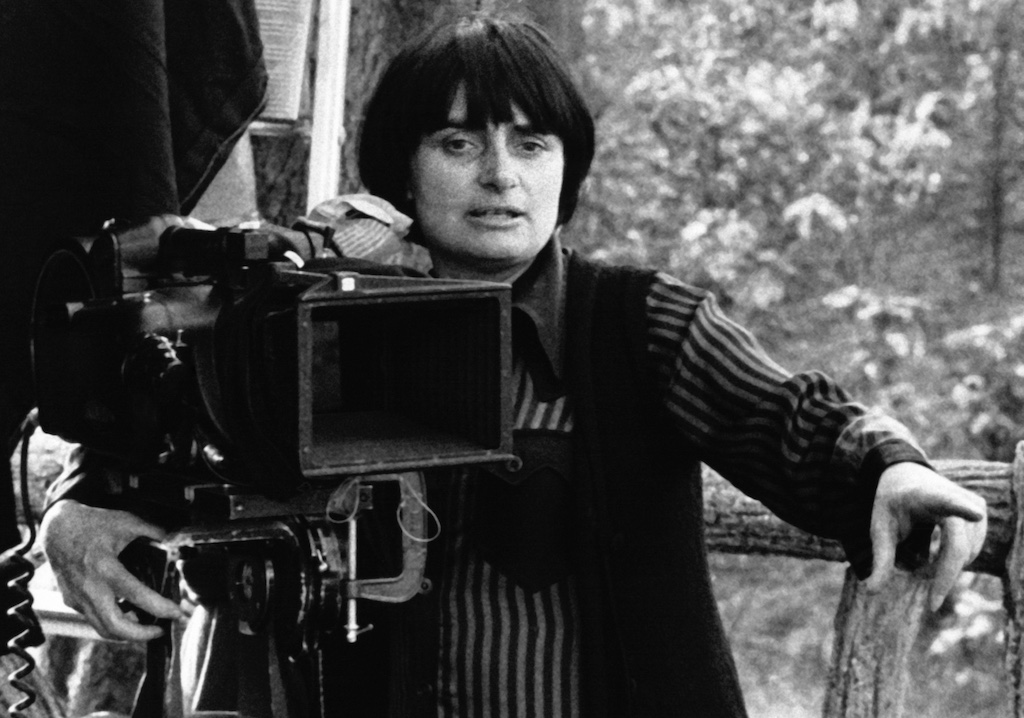In the 1960s, leftist filmmakers from France to Japan revolutionized the documentary. Anti-fascism was not just the heritage of past generations but a message carried forward by the avant-garde on-screen.
Leftist filmmakers of the 1960s revolutionized the art of documentary. Often inspired by the radical art of the Soviet 1920s, filmmakers in countries like France and Japan dared to make film into a powerful weapon in the fight against fascism, weaving fiction into nonfiction and surrealism with neorealism to rupture everyday ways of being, seeing, and thinking.
Through careful readings of Matsumoto Toshio, Jean-Luc Godard, Chris Marker, Agnès Varda, Hani Susumu, and others, Julia Alekseyeva shows that avant-garde documentary films of the 1960s did not strive to inoculate the viewer with the ideology of Truth but instead aimed to unveil and estrange, so that viewers might approach capitalist, imperialist, and fascist media with critical awareness.
Alekseyeva’s new book Antifascism and the Avant-Garde: Radical Documentary in the 1960s thus provides a transnational ecology of anti-fascist art. Kristen Ghodsee interviewed her for Jacobin about her study and how this filmmaking profoundly resonates with our current age.
Kristen R. Ghodsee
Although your book focuses on the 1960s, where a postwar generation of artists grappled with the mental legacies of World War II and the everyday manifestations of the conformity, rigidity, and civil hyperobedience that made Nazism possible, I couldn’t help but think about how relevant it is to our present-day politics, despite the historical differences.
Terminology is often of great interest to Jacobin readers, and you’ve chosen to use the word “anti-fascism” in your title. To some extent you are literally…
Auteur: Julia Alekseyeva

